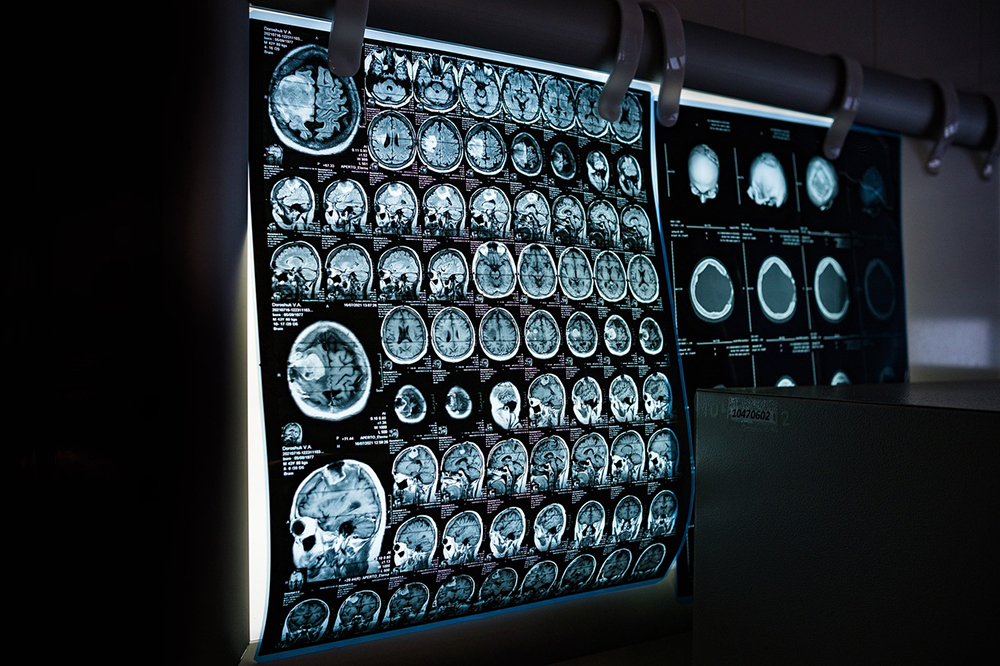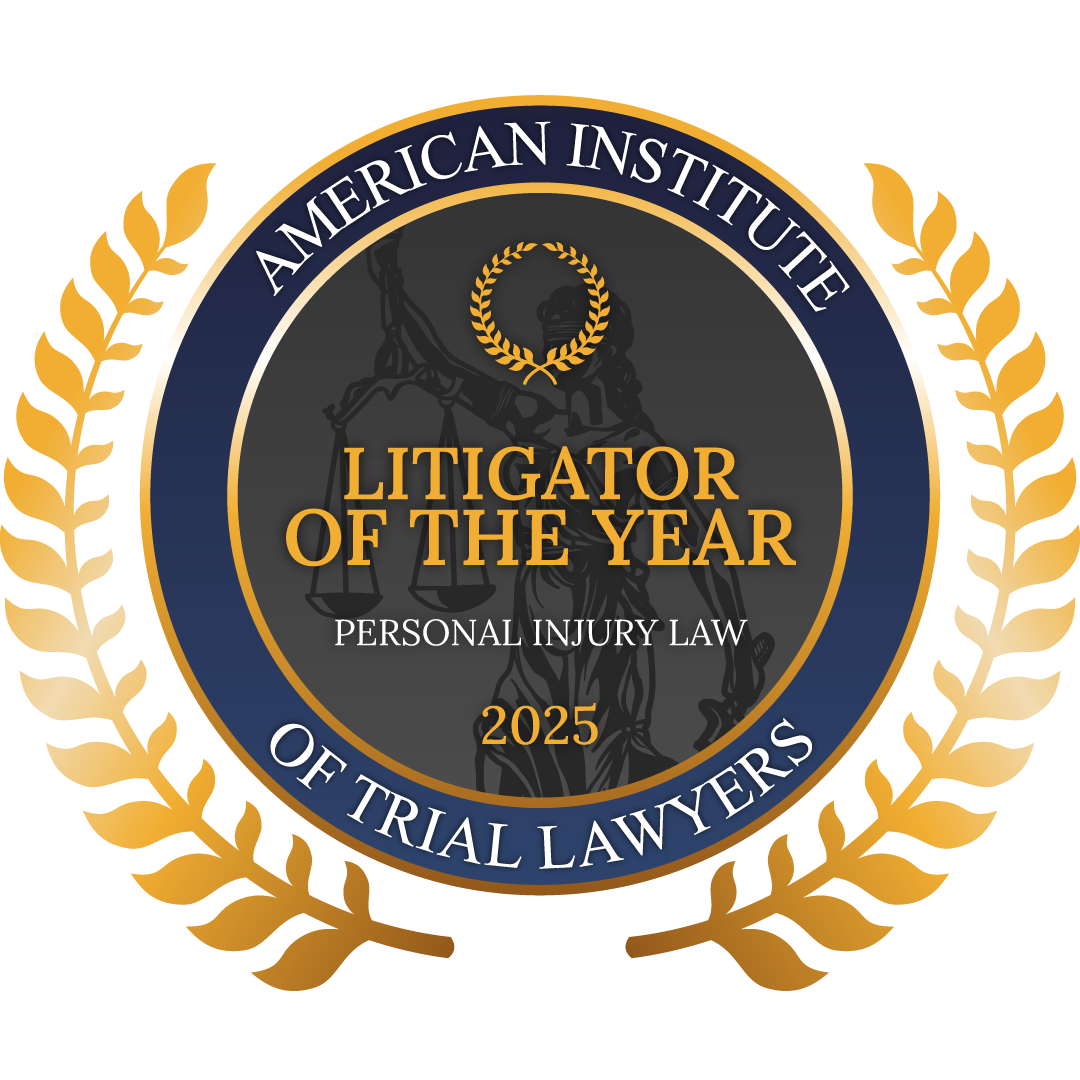
It’s a question full of studies and debates, but—can a concussion cause permanent brain damage? Unfortunately, the answer is not completely clear. A concussion is a type of injury caused by the brain shifting within the skull or a blow to the head and ranges in severity from mild to severe. Unfortunately, many people who suffer trauma don’t realize they’ve suffered this type of brain injury because there may be no visible signs they’ve suffered harm.
While research suggests that a single concussion won’t cause lasting damage to the brain, there’s no guarantee. So, if you or someone you love has suffered from a concussion, it’s essential to seek medical help immediately in case future researchers uncover future proof that a concussion causes permanent brain damage. It’s also important to speak with a personal injury lawyer like one at Peterson Law Office about your case if you believe that negligence was the cause of your injury.
What Is a Concussion?
According to the American Association of Neurological Surgeons, a concussion is a type of traumatic brain injury (TBI) caused by a bump, blow, or jolt to the head. These injuries result in an immediate loss of normal brain function for an extended time. Concussions are prevalent and can range in severity. Concussions can vary by person and manifest themselves with different symptoms.
Further Stanford University research has identified several subtypes to classify the kind of concussion a patient may have suffered. The researchers have begun to categorize these concussions with the expectation that they can identify the type of concussion quickly and, therefore, the best treatment approach. The subtypes of concussions are:
- Cognitive: Has concussion symptoms that affect thinking and mental processing and may cause issues with attention, impaired reaction times, and memory issues.
- Ocular-motor: This is a type of concussion that affects eye movement and can cause vision issues. Additional problems associated with this type of concussion could include headaches, eye strain, blurred or double vision, eye pain pressure, or difficulty judging distances.
- Headache or Migraine: This type of concussion presents with a throbbing headache or migraine; symptoms can also include nausea, vomiting, and light and noise sensitivity.
- Vestibular: This concussion type affects balance and can cause dizziness, vertigo, and nausea. Movement may worsen the symptoms.
- Neuropsychiatric (Mood): This concussion causes changes in mood or behavior, including anxiety, depression, irritability, apathy, and personality changes.
How Common Are Concussions?
According to the Centers for Disease Control and Prevention (CDC), three million adults and children in the United States experience a concussion each year. On average, this amounts to 150 Americans dying from traumatic brain injuries daily.
How Do Concussions Happen?
Concussions most frequently occur from slips and falls, sports-based head injuries, and car accidents. There are long-term effects of concussions in football players that can lead to severe brain damage. The National Football League (NFL) has slowly recognized the connection between professional football and sports concussions, for example, after researchers identified a link between the two.
Sports aren’t the only concussion risk. According to the Shepherd Center, the leading cause of concussions is falling, with approximately 40.5% as the rate of concussion occurrence over other reasons.
Unfortunately, concussions happen more commonly to men between the ages of 15 and 24 and children under the age of 5.
Can a Single Concussion Cause Permanent Brain Damage?
It is a question that often keeps athletes, car accident and fall victims, and their families up at night: Can a concussion cause permanent brain damage? While the answer is not always clear, growing evidence suggests that multiple concussions can lead to long-term brain injury. Technically, the possibility of a single trauma causing permanent brain damage is rare but possible.
According to a 2013 study published in Radiology, researchers used a 3D MRI machine to examine the gray and white brain matter in 19 concussion patients and 12 people who had not suffered one. The scans from the concussion patients revealed noticeable loss of gray and white matter, which equates to brain atrophy. So, even after one concussion, patients can suffer structural brain changes.
Researchers haven’t been able to prove it because of the technological limitations of MRI not showing the changes in clinical imaging. Medical professionals have long assumed this finding but could not see the nature of events until now. Unfortunately, this doesn’t spell good news for parents worried about their children.
While a concussion isn’t ideal for anyone, it can cause devastating effects among children. A TBI during childhood can affect brain development. Children who have suffered a TBI may experience health, thinking, and behavioral changes that affect their learning, self-control, and social engagement as they mature.
What Are Some Long-Term Changes From a Concussion?
If you or a family member has suffered from a concussion, it’s essential to look for any long-term changes. Here are some concussion symptoms that may linger for days, weeks, or even months after the onset of a concussion that may indicate long-term brain damage:
- Headaches
- Light and noise sensitivity
- Neck pain
- Dizziness
- Nausea
- Memory problems
- Fatigue or low energy
What Should You Do if You Suffer From a Concussion?
If you or someone you know has suffered a concussion, you must see a doctor immediately. Symptoms may not appear right away, so it’s essential to be evaluated by a medical professional.
You’ll likely learn from your Lexington, KY doctor that once your concussion symptoms appear, rest is the best medicine. Your physician will also likely tell you to avoid physically and mentally stimulating activities.
Your medical professional will likely tell you to avoid using a computer, watching television, or playing video games. They’ll also tell you to avoid sports if you are still experiencing concussion symptoms. If not, you risk suffering another concussion, leading to more severe brain damage.
If concussion symptoms persist for a couple of weeks, you may want to see a specialist.
Why Contact a Lexington Personal Injury Lawyer
You may be entitled to compensation if you or a family member has suffered from a concussion that was caused by negligence and the long-term effects are resulting in high medical bills, missed work, or a decreased quality of life. A personal injury lawyer from the Peterson Law Office can help you understand your legal rights and options here in Kentucky.
A personal injury lawyer from our Lexington office can help you seek the compensation you deserve. Contact us for a free consultation to discuss your legal options.






